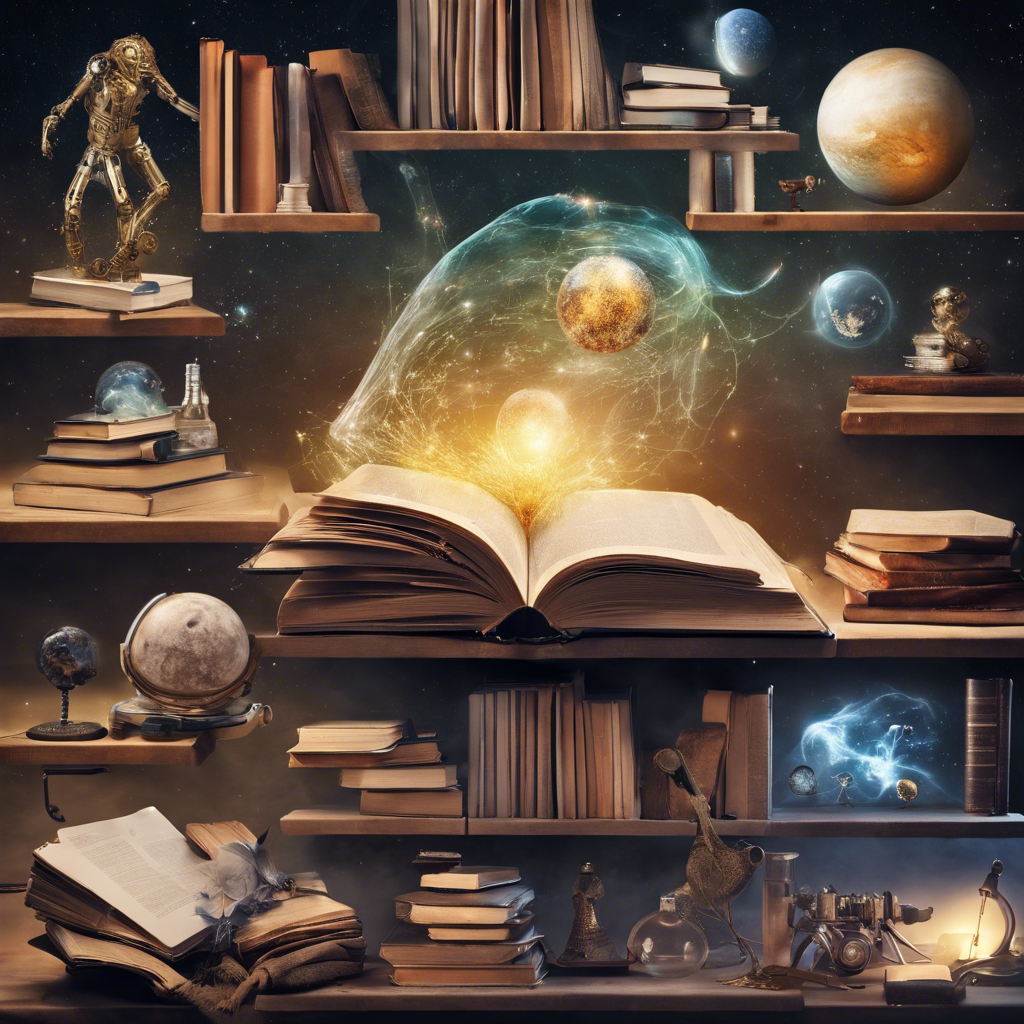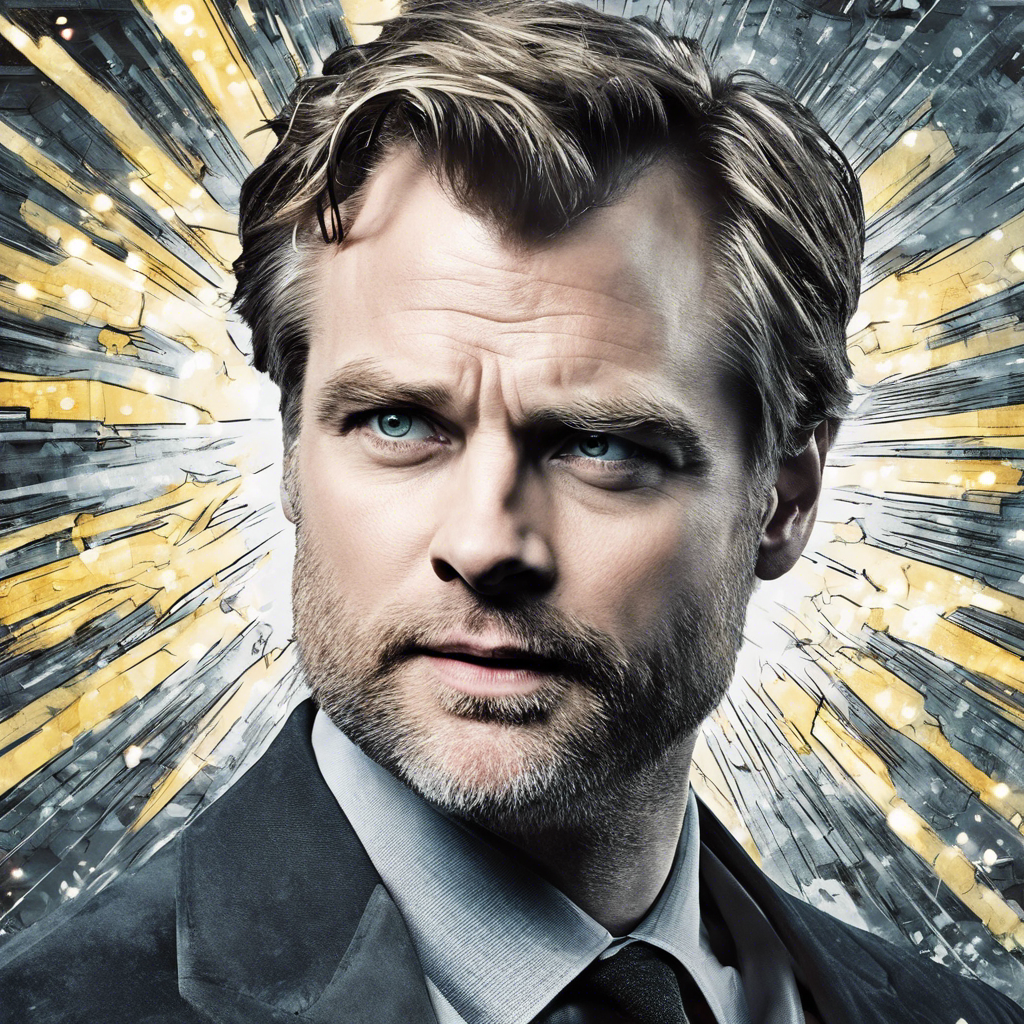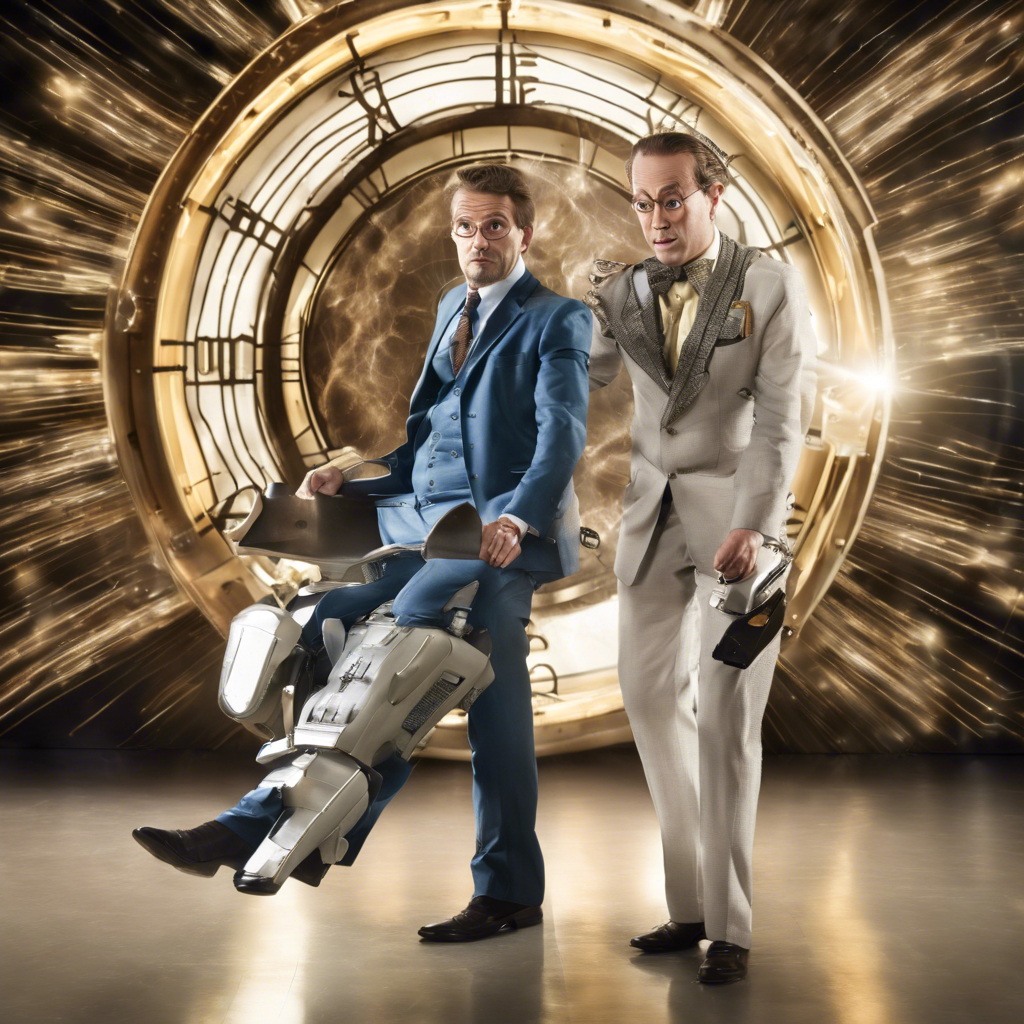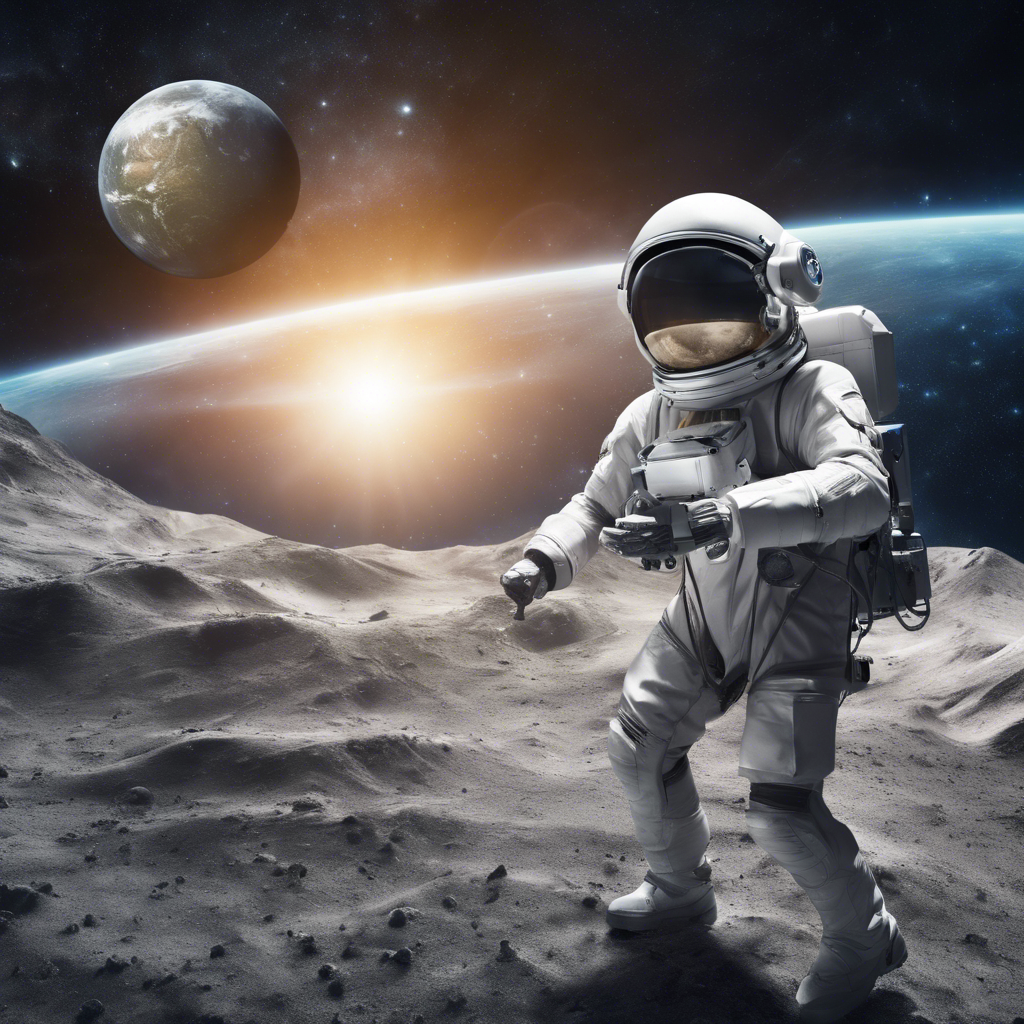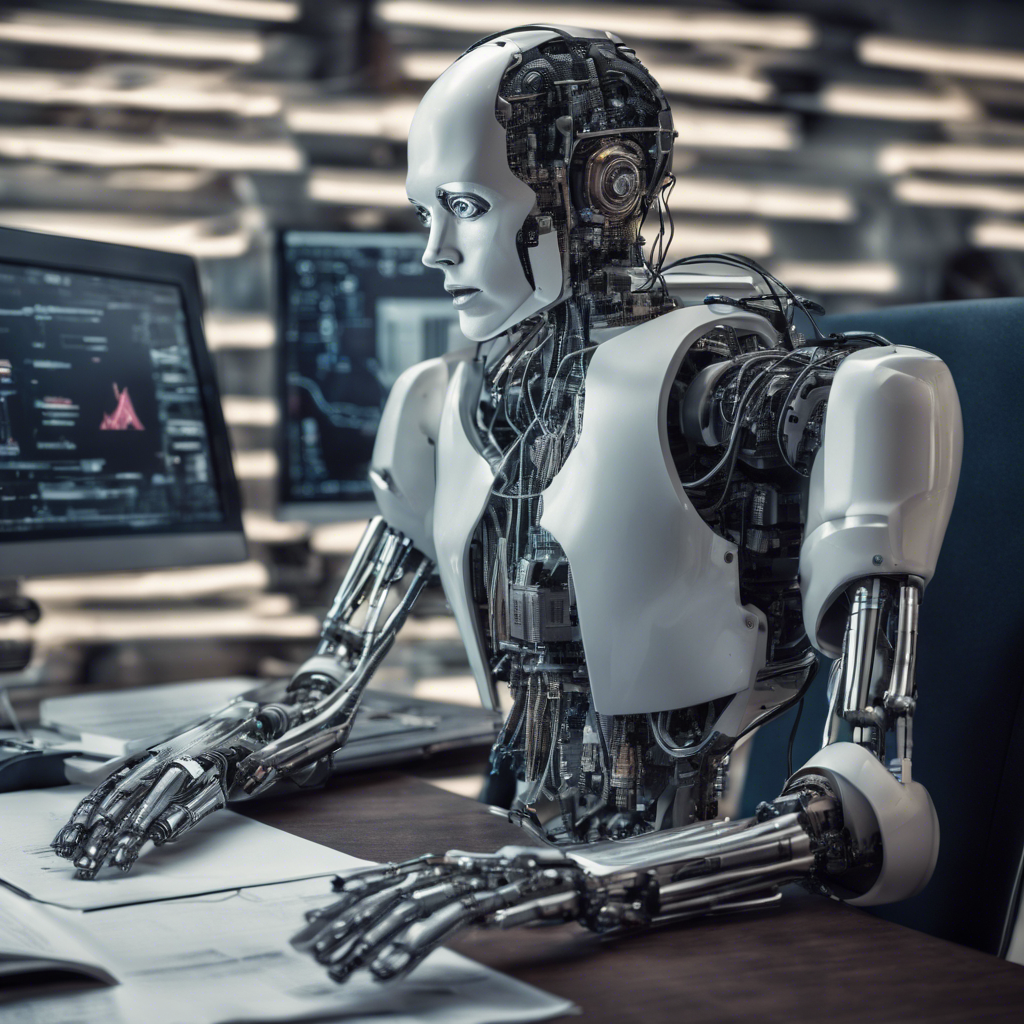Delve into the intriguing world of literature with Scientific American’s top book recommendations of the year.
The Scientific American editorial team has curated a diverse collection of books that spans the realms of science, fiction, and beyond. From thought-provoking nonfiction to captivating works of fiction, these titles offer readers a chance to explore the wonders of the universe, the intricacies of the natural world, and the depths of the human experience. Join us as we delve into the pages of these captivating reads and discover the stories that have captured our attention this year.
A City on Mars: Investigating the Dream of Space Settlements
In “A City on Mars” by Kelly Weinersmith and Zach Weinersmith, the authors dive into the complexities of space settlements and the potential nightmares they may bring. Through extensive research, the Weinersmiths answer every question about space settlements, leaving readers to contemplate the implications of venturing into new worlds. This hilarious and unputdownable book offers a fresh perspective on the allure of space exploration.
Eight Bears: A Global Journey into the Lives of Earth’s Ursine Species
Gloria Dickie takes readers on a globe-trotting adventure in “Eight Bears,” exploring the fascinating stories of each bear species. From the cloud forests of the Andes to the ice floes of the Arctic, Dickie’s vivid storytelling transports readers to the diverse habitats of these magnificent creatures. This eye-opening book reveals the surprising truth that there are only eight true bear species in the world.
Perfectly Good Food: A Cookbook for Thrifty and Sustainable Cooking
Written by Irene and Margaret Li, “Perfectly Good Food” is a crucial resource for those looking to make the most of their ingredients. The chef-sisters behind Boston’s acclaimed Mei Mei Dumplings offer a cookbook/field guide that promotes thrifty and environmentally mindful cooking. With practical tips and delicious recipes, this book is a must-have for anyone looking to reduce food waste and create flavorful meals.
The Man from the Future: John von Neumann and His Impact on Science
“The Man from the Future” by Ananyo Bhattacharya delves into the life of John von Neumann, one of the most extraordinary scientists of the twentieth century. Bhattacharya explores von Neumann’s impact on fields such as game theory, evolutionary biology, and even the development of nuclear weapons. This captivating biography sheds light on the mind and times of a brilliant scientist who shaped the world as we know it.
Period: Challenging the Myths and History Surrounding Menstruation
Kate Clancy’s “Period” counters the false theories that have long defined the study of menstruation. Clancy exposes the eugenic history of gynecology and offers an intersectional feminist perspective on menstruation science. This eye-opening book challenges societal norms and provides a fresh understanding of the biology and social implications of menstruation.
Our Fragile Moment: Exploring Earth’s Climate Shifts
Michael Mann’s “Our Fragile Moment” offers a smart and eye-opening look at Earth’s climate shifts over billions of years. Mann explores the five most extreme climate shifts and draws parallels to our current climate crisis. This thought-provoking book provides valuable insights into the lessons we can learn from Earth’s past and the urgent need to address climate change.
The Patriarchs: Uncovering the Roots of Patriarchy
Angela Saini’s “The Patriarchs” is a bold and radical exploration of the origins and spread of patriarchy throughout history. Saini uncovers the complex history of how patriarchy became embedded in societies worldwide. This powerful book offers a critical examination of the ways in which patriarchy is made and remade, challenging readers to rethink long-held assumptions about gender and power.
The Warped Side of Our Universe: Exploring Time Travel and Black Holes
In “The Warped Side of Our Universe,” Kip Thorne and Lia Halloran merge epic verse and pulsating paintings to shed light on the mysteries of time travel, black holes, and the birth of the universe. This collaboration between a Nobel Laureate and an award-winning artist offers a delightful explosion of illustrations, science, and verse, providing readers with a unique and captivating exploration of the wonders of our universe.
The Possibility of Life: Tracing the History of Our Search for Extraterrestrial Life
Jaime Green’s “The Possibility of Life” takes readers on a journey through the history of our understanding of extraterrestrial life. From Galileo and Copernicus to our contemporary quest for exoplanets, Green explores the evolving conception of the cosmos and the profound question of what it means to be human. This thought-provoking book invites readers to ponder our place in the universe.
Grace in All Simplicity: Unveiling the Secrets of Matter and Fundamental Forces
Chris Quigg and Robert Cahn’s “Grace in All Simplicity” narrates the saga of how physicists have unraveled the secrets of matter and the fundamental forces that govern our world. From professional scientists to amateurs, this book celebrates the joy of discovery and the incredible revolution in our understanding of the world’s smallest particles. This accessible description of the world of physics is both fascinating and enlightening.
Conclusion: The world of literature offers a vast landscape of knowledge, imagination, and inspiration. The books recommended by the Scientific American editorial team provide a glimpse into the wonders of science, the depths of human experience, and the power of storytelling. Whether exploring the mysteries of space, delving into the complexities of the natural world, or immersing oneself in captivating works of fiction, these books offer readers a chance to expand their horizons and engage with the world in a whole new way. So grab a book, find a cozy spot, and embark on a journey of discovery and enlightenment. Happy reading!







